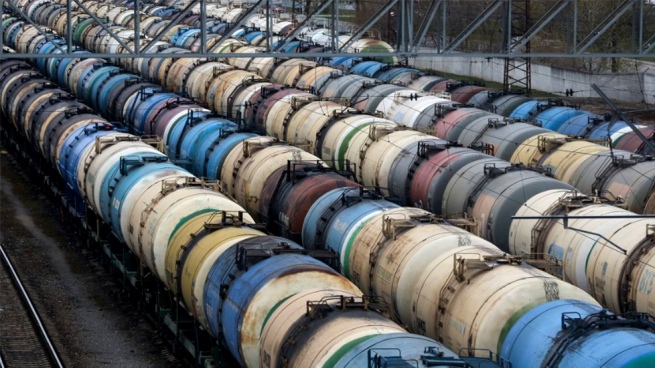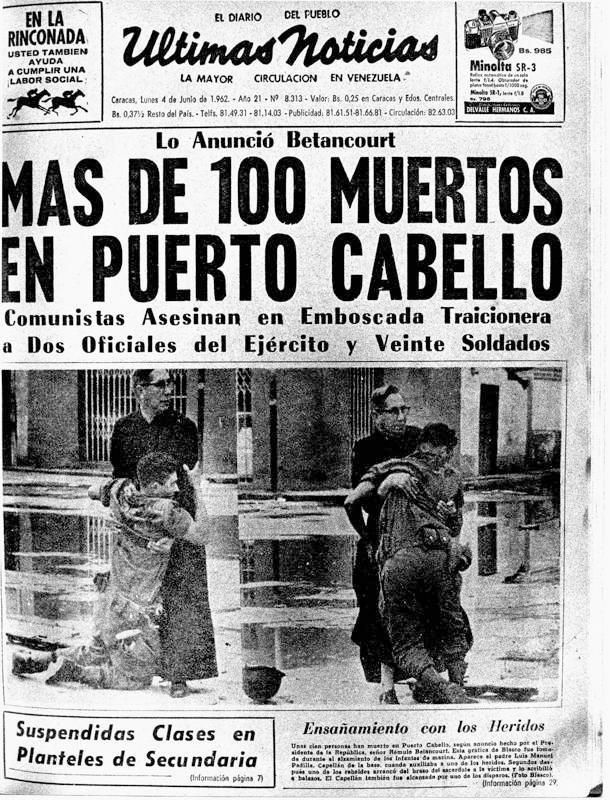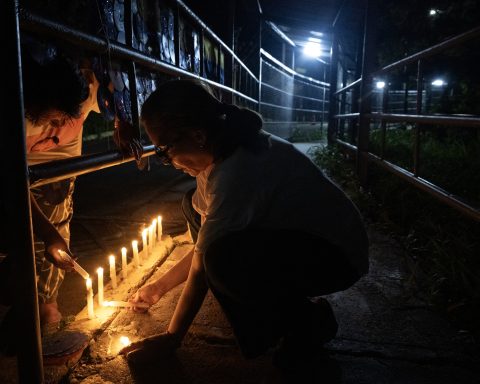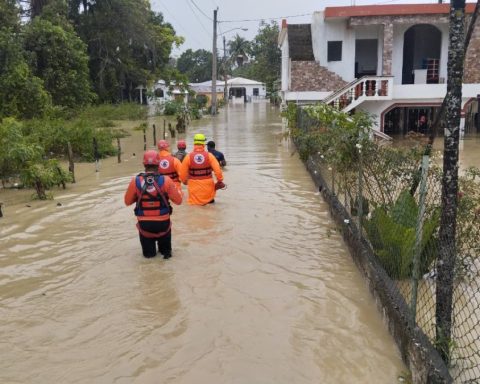The Organization of Petroleum Exporting Countries and its allies (OPEC+) will define this Thursday the new production levels for July, with prices that accumulate almost 60% rise in 2022 and an increase in global demand and having to replace Russian production , blocked as a result of the invasion of Ukraine.
The price of a barrel of the Brent type and the WTI variety have risen more than 50% so far this year.
Analysts estimate that the OPEC+ coalition is likely to stick to its oil production plans, after the European Union (EU) agreed to a partial embargo to sanction Russia.
The Minister of Economy and Finance of France, Bruno Le Maire, warned that Moscow collects about 800 million euros a day from the sale of oil.
“Russian oil brings Putin 800 million euros a day. We cannot continue to finance the war in Ukraine. This decision fulfills that objective,” Le Maire said.
In this way, The agreement contemplates a 90% veto of Russian crude until the end of the year, but excludes the oil that supplies Hungary, Slovakia and the Czech Republic through the Druzhba pipeline.
Before the end of the year, the embargo will ban all imports of Russian oil by ship, which account for two-thirds of the total.
The positions within the oil cartel are divided, since among the 23 member countries, Saudi Arabia and its neighboring sultanates anticipated that they would increase pumping to replace the contribution from Russia, although the final decision would depend on a negotiation with Washington in the most diplomatic high level.


















